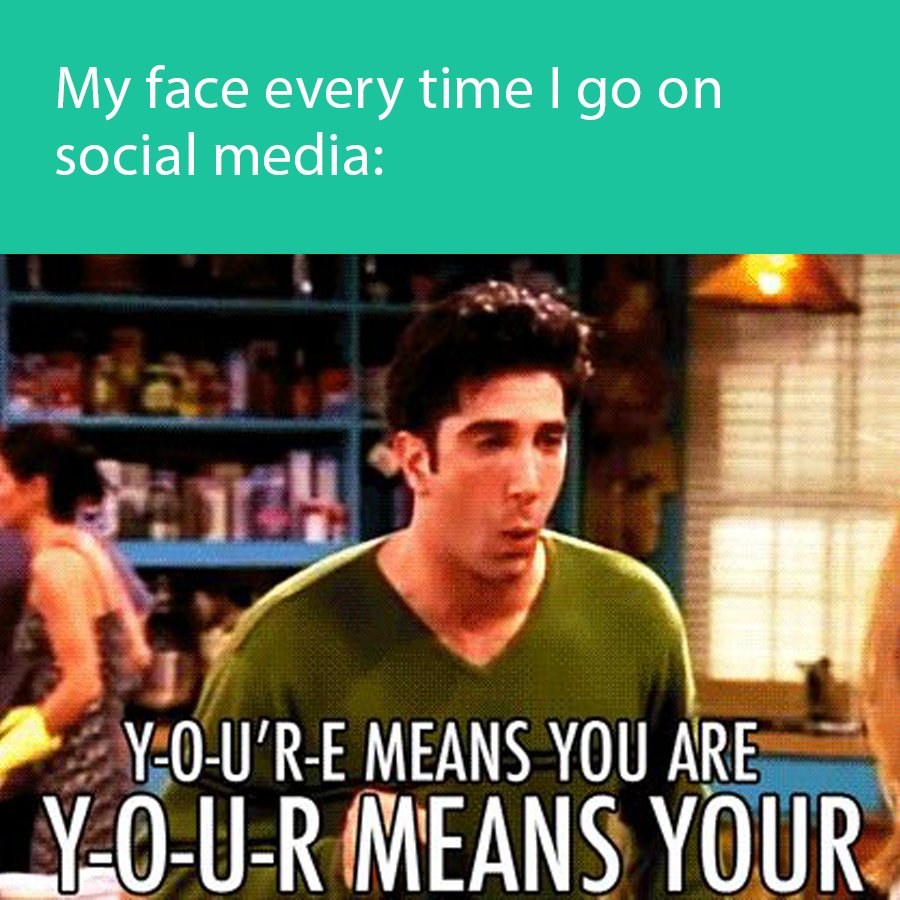During the next three years Logan Elm will be building a new K-12 school. What do you think is the most important thing to consider when building a new school?
This could have to do with science labs, technology, separate areas for each grade level, middle school teams, lunch and cafeteria, playground for elementary, library needs, restrooms, music and band, art class, gyms, busing, school day (start and end time, length), office, intercom, safety/security, resources, furniture (tables or desks), parking, lighting, floors (carpet or tile), scheduling, handicap accessibility, or many other options. What is a priority for you, Reading Workshop students?
An Argumentative Essay:
- Has a clear introduction
- States a focus/position statement clearly, precisely, and thoughtfully
- Uses specific evidence from the text(s) to support and develop the position, and explains that evidence logically
- Takes into account what people who disagree with you might think and tries to respond to that
- Concludes effectively
Keep in mind that an argumentative essay is based more on facts as opposed to emotion. When picking a topic you’re interested in, be sure to pick one that you can support with evidence and reasoning. You will need facts, statistics, and reports from sources you and your audience can trust.
I. Introduction
1. Introduce the topic by giving background information that briefly explains the topic so that the reader will understand the topic to be argued. (3-4 sentences)
2. Add the thesis statement that clearly and strongly states your opinion concerning the
topic. Writing a direct thesis by including the reasons in your thesis is optional.
II. Body Paragraphs
1. The first two (or more) body paragraph gives a reason that supports the opinion stated in the thesis. This reason is supported with facts, data, or information. You must quote an article or person that supports your position. You must also have a link to another article that has information that supports your position.
2. One paragraph discusses the opposite viewpoint. After you pose the counter argument, contest it. Say why the counter argument is faulty and why your argument is stronger.
III. Conclusion
1. Use a transition signal for the conclusion such as: in conclusion, to conclude, etc.
2. Restate the thesis in different words than you used in your introduction.
3. Summarize your main points.
4. End with a final comment on the topic.
topic. Writing a direct thesis by including the reasons in your thesis is optional.
II. Body Paragraphs
1. The first two (or more) body paragraph gives a reason that supports the opinion stated in the thesis. This reason is supported with facts, data, or information. You must quote an article or person that supports your position. You must also have a link to another article that has information that supports your position.
2. One paragraph discusses the opposite viewpoint. After you pose the counter argument, contest it. Say why the counter argument is faulty and why your argument is stronger.
III. Conclusion
1. Use a transition signal for the conclusion such as: in conclusion, to conclude, etc.
2. Restate the thesis in different words than you used in your introduction.
3. Summarize your main points.
4. End with a final comment on the topic.
Perhaps the biggest mistake people make in writing an argumentative essay is to state their opinions instead of facts. Remember that each claim you make must be supported by solid evidence if your argument is to hold up to the opposing views.












